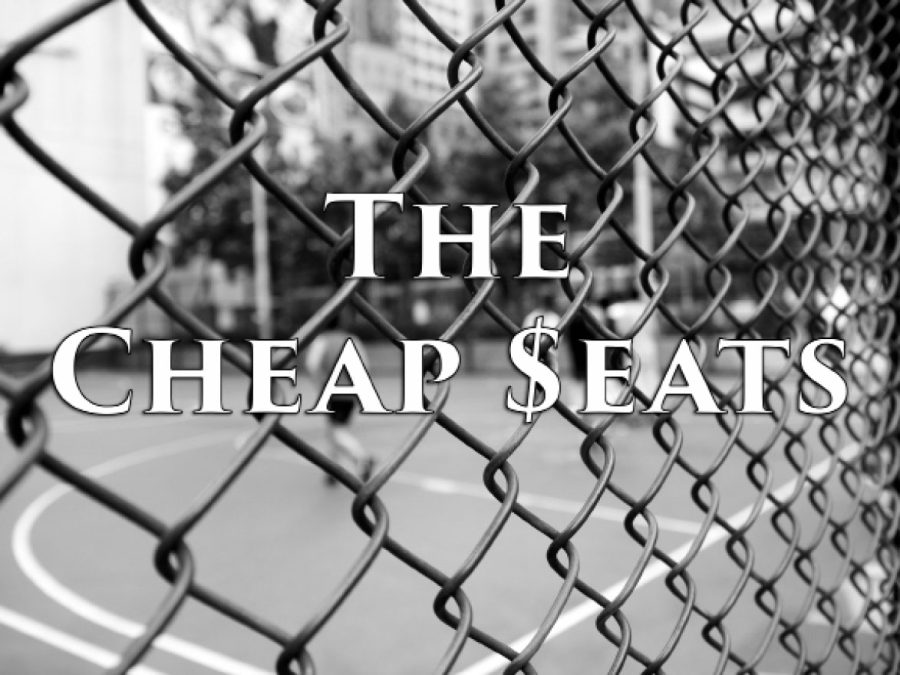Tanking takes the fun out of winning
To tank or not to tank, that is the question. Whether tis’ nobler in the mind of a G.M. to rebuild than to tank and suffer the slings and arrows of fan base, is indeed a question every team must ask of themselves at certain points in their history.
While Shakespeare was not discussing the merits of purposeful losing (tanking) versus trading older veteran players with high salaries in hopes of rebuilding a younger team with potential (rebuilding), the moral conflict of his famous soliloquy fits the conversation.
With the conclusion of the NFL draft, the end of the NBA season and one month into the baseball season, it is a great time to dive into the merits of rebuilding as opposed to abhorrent practice of tanking.
There is no doubt that at times it makes sense for a team to trade away highly paid veteran players, who clearly are not going to be able to contribute to a team that needs a new direction and an infusion of young talent which is affordable and cost controlled.
The by product of that strategy is often a team that is not very competitive.
Tanking, however, relates more to the desire to gain higher draft picks by willfully losing games, or by trading good players who are already cost controlled.
The Marlins are a perfect example of the of both.
They traded away Christian Yelich, a 26-year-old star outfielder with a team friendly contract that goes until 2022.
Additionally, they traded Marcel Ozuna who also was under team control for two more years.
Trading away Gian Carlo Stanton and his enormous contract is defendable, but trading away two other young players, with some cost control, is a blatant attempt to reduce payroll to collect on revenue sharing and gain draft picks.
This is not only a slap in the face to fans of the Marlins but also to the idea of sport and competition itself.
There are currently seven teams who are already on pace to lose 100 games this year is baseball and we are only one month into the season.
Baseball has no salary cap and if any team where to be put up for sale they would go for nearly a billion dollars if not more, so teams crying poor is an argument that does not hold water.
Meanwhile, in the NBA you have Mark Cuban admitting that “it is our best interest to lose” games to acqire a higher draft pick.
The Philadelphia 76ers, where purposefully terrible for several years in hopes of obtaining franchise altering players in the draft.
But the years of only a few fans showing up on bags over their heads at games may only be worth it if they win a championship, which is very difficult to do.
Even the most dominant team in the NBA, the Warriors, has shown that rebuilding can work without tanking.
None of their top players were acquired with higher than the number seven pick in the draft.
They built their team with smart drafting and scouting and then were able to add Kevin Durant in free agency after already winning one championship.
Rebuilding is a necessary evil for a team to move on to a more hopeful era, but tanking is a moral affront to the very foundation of sports.
The foundation of sports is two teams trying as hard as they can to win on any given day and the scourge of tanking is a dangerous and corrosive force eroding away fans trust and love of the game.

